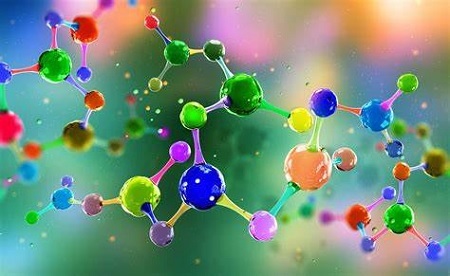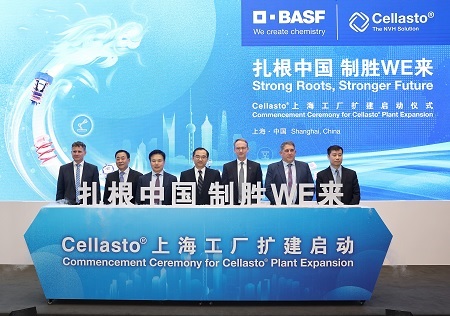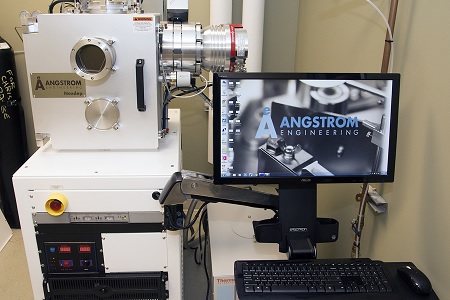Germany K Kraiburg augments medical portfolio with TPEs

News Headlines from the K Show
Kraiburg augments medical portfolio with TPEs that offer solvent-based adhesion to rigid compounds
05/02/2016
More than half of all medical and pharmaceutical applications processed by Kraiburg TPE (Waldkraiburg, Germany) combine thermoplastic elastomers (TPEs) with a hard component. These applications require robust adhesion and sometimes even a hermetic barrier between the materials. TPE compounds from the company’s Thermolast M portfolio can be processed economically with polypropylene (PP), acrylonitrile butadiene styrene (ABS) or polycarbonate (PC) using a two-component injection molding process, says Kraiburg TPE. The company also has developed compounds that can be combined with hard components by using solvents, which allows their use as two-component products in medical and pharmaceutical applications.
Polarity plays a key role in the adhesive binding of multiple materials, notes Kraiburg TPE. For example, two-component injection molding or insertion requires the use of plastics with a similar polarity. As an alternative, Kraiburg TPE has developed medical-grade TPE compounds that can adhere to hard components with dissimilar polarities through the use of solvents. Geometric conditions also play a role in this process.
Some solvents, such as cyclohexane or tetrahydrofurane (THF), dissolve the plastic and, therefore, alter the consistency of the materials. By immersing negative profiles in dissolved TPE it is possible to manufacture hollow bodies, such as gloves, from TPEs. In addition, textile fabrics can be partially or fully impregnated with TPE. It is also possible to bind hard components, such as PP, PE or PC/ABS, with a partially dissolved TPE compound.
These methods allow stress-free processing of the TPEs, resulting in outstanding mechanical properties. Unlike adhesives, solvents completely evaporate, leaving no chemical residue, and form a clean bond. After processing, the components can withstand most forms of sterilization.
As with all Thermolast M compounds, the specially developed materials are certified to ISO 10993-5 (cytotoxicity) and the Drug Master File. Selected compounds in each series are also tested in accordance with USP Class VI (chapter 88), USP 661 (in vitro), ISO 10993-4 (hemolysis, indirect blood contact), ISO 10993-10 (intracutaneous irritation) and ISO 10993-11 (acute system toxicity). These extensive certifications allow use of the compounds in direct contact with blood and medications.













